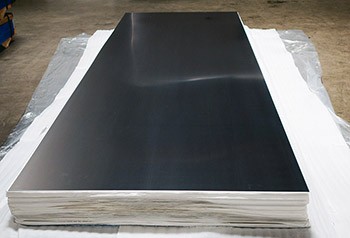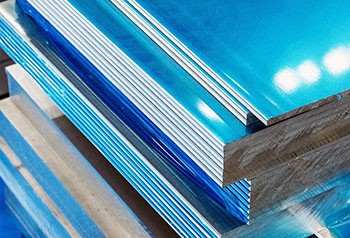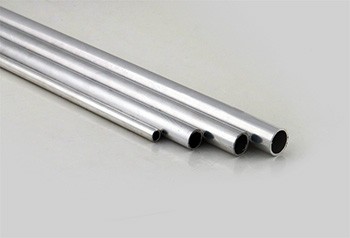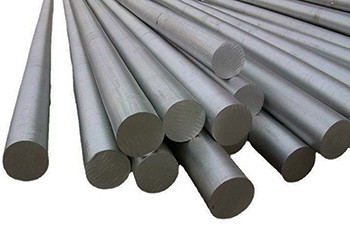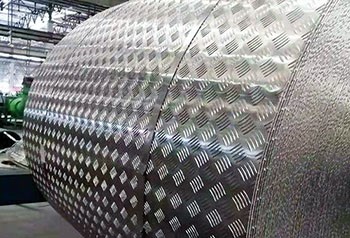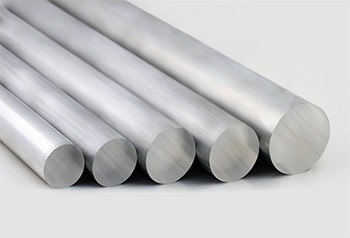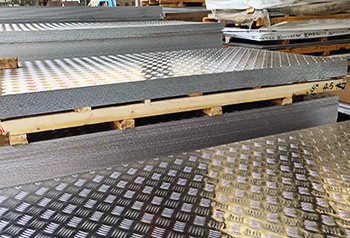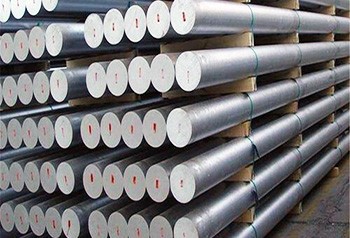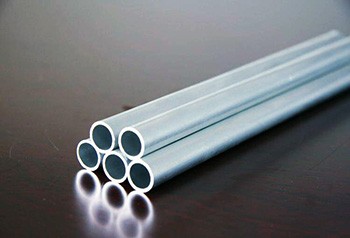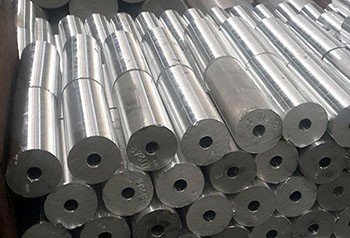What is the best grade of aluminum for marine applications?
Last Updated :
For most marine applications, the 5083 aluminum alloy is the best choice due to its excellent corrosion resistance, strength, and machinability, making it the preferred material for shipbuilding and other marine structures that require durability and long-term performance in challenging environments.
The best aluminum grade for marine applications is the 5083 aluminum alloy. This alloy belongs to the 5xxx series and is known for its excellent corrosion resistance, especially in saltwater environments, making it ideal for marine applications.
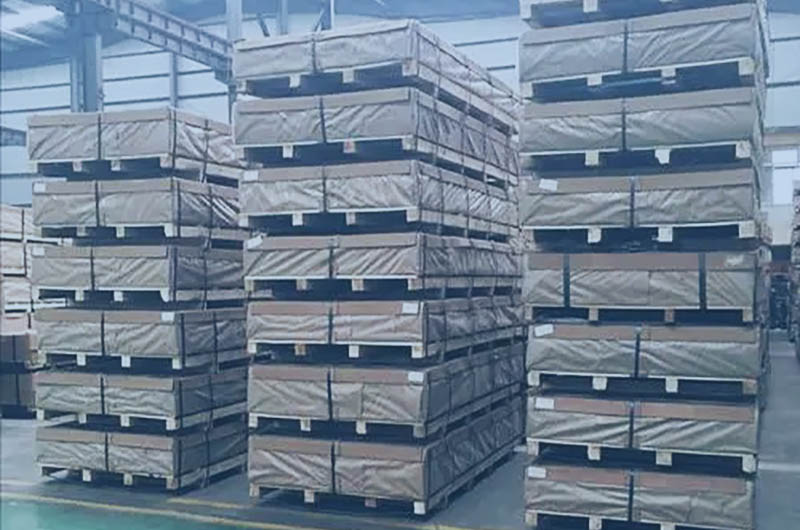
5083 Marine Aluminum Alloy
- Corrosion Resistance: 5083 aluminum offers outstanding resistance to seawater and marine environments. It can withstand the harsh conditions of saltwater exposure, reducing the risk of corrosion and extending the lifespan of marine structures and vessels.
- Strength: 5083 provides a good balance of strength and weight. While it is not the strongest aluminum alloy, it offers sufficient strength for many marine applications, including hulls, shipbuilding, and offshore structures, without adding unnecessary weight.
- Weldability: This alloy is highly weldable, which is crucial in marine applications where various components need to be joined together. The welds retain the corrosion resistance and mechanical properties of the parent material, ensuring structural integrity.
- Ductility and Formability: 5083 is known for its good ductility and formability, allowing it to be easily shaped into complex forms without cracking. This is essential for manufacturing components such as hulls and tanks that require intricate shapes and designs.
- Thermal Conductivity: 5083 aluminum has good thermal conductivity, which is useful in marine environments where temperature regulation may be an issue.
- Low Density: 5083 is lightweight, helping to reduce the overall weight of marine structures, which is important for fuel efficiency and stability in vessels.
Common Applications of 5083 Marine Aluminum
5083 aluminum alloy is widely used in the shipbuilding and marine engineering sectors, making it a premium material choice due to its excellent corrosion resistance and strength.
- Shipbuilding: 5083 aluminum alloy is extensively used in various types of ships and vessels, including cargo ships, oil tankers, yachts, and ferries. It is primarily used for key components such as hulls, decks, and superstructures. This alloy effectively resists seawater corrosion, extending the lifespan of vessels, while its lighter weight helps improve fuel efficiency and sailing speed.
- Offshore Platform Construction: Due to its superior corrosion resistance, 5083 aluminum alloy is an ideal choice for constructing offshore platforms (such as oil drilling platforms) and other structures exposed to harsh marine environments. This alloy can maintain structural integrity in marine environments for extended periods, reducing maintenance costs and ensuring long-term stability and safety of the platforms.
- Pressure Vessels and Tanks: 5083 aluminum alloy is suitable for manufacturing tanks and containers that need to withstand high pressure and corrosive environments. It performs exceptionally well in pressure vessel applications, maintaining stability under high pressure while resisting the corrosive effects of seawater and chemicals. It is commonly used in containers for storing corrosive liquids and gases, such as tanks in desalination plants.
Comparison of 5083 with Other Marine-Grade Aluminum Alloys
- 5052: Another commonly used marine aluminum, but with slightly lower strength and corrosion resistance compared to 5083.
- 6061: Compared to 5083, 6061 has higher strength but lower corrosion resistance, making it less suitable for long-term exposure to seawater unless properly treated.
Marine aluminum products you may be interested in
Chemical composition of 5083 Marine Aluminum Sheet
| Alloy | Si | Fe | Cu | Mn | Mg | Cr | Zn | Ti | Zr | Unit |
| 5083 | ≦0.4 | ≦0.4 | ≦0.1 | 0.40-1.00 | 4.00-4.90 | 0.05-0.25 | ≦0.25 | ≦0.15 | - | Wt% |
Mechanical properties of 5083 Marine Aluminum Sheet
| Alloy | Temper |
Rm(Mpa) Tensile strength |
Rp0.2(MPa) Yield strength |
Elongation A(%) |
Exfoliation corrosion |
Intergranular corrosion Mg/cm2 |
Certification |
| 5083 | O/H111/H112 | ≥275 | ≥125 | ≥16 | - | - | DNV, GL, ABS, CCS, BV, LR |
| H116 | ≥305 | ≥215 | ≥10 | ≦PB | ≦15 | ||
| H321 | 305-385 | 215-295 | ≥12 |
You might be interested in: 5 Series Marine Aluminum 6 Series Marine Aluminum Aluminum for Boat Aluminum for Shipbuilding 5083 aluminum 5083 aluminum plate 5083 aluminum sheet 5052 aluminum 5083 aluminum supplier 5083 h321 5083 h116 5083 aluminum sheet price aluminium 5083 sheet aluminium 5083 price per kg 5083 h112 5083 aluminium sheet price aluminium aw 5083 5083 plate 5083 h32 aw 5083 aluminium aluminium en aw 5083 aluminium 5083 h116 aluminum alloy 5083 aluminium 5083 h321 aluminum 5083 price alloy 5083 5083 aluminium plate price 5083 aluminium welding 5083 sheet a5083 aluminum a5083 h321 a5083 material aa 5083 aluminum aa5083 alloy aa5083 aluminium alloy al 5083 h112 al alloy 5083 aluminium 5083h111 astm 5083 en 5083 aluminium en aw 5083 aluminum welding 5083 aluminum 5052 aluminum sheet 5052 h32 5052 h34 5052 h32 aluminum 5052 aluminum plate 5052 0 aluminum sheet al5052 5083 h32 aluminum aluminum 5083 h32 5083 0 aluminum

